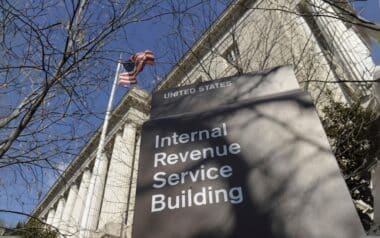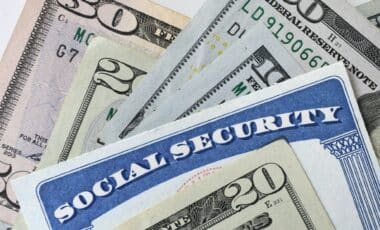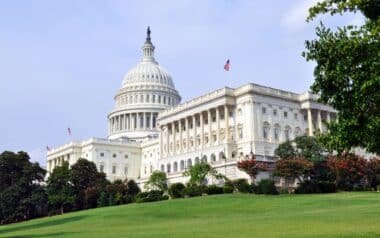Homelessness Fears Grow as 60,000 to Lose Federal Housing Aid Years Early
A federal housing programme once hailed as a lifeline for vulnerable Americans is collapsing years ahead of plan. As financial…
Timeline
Join our social media
For even more exclusive content!
Economy

Newsletter





























